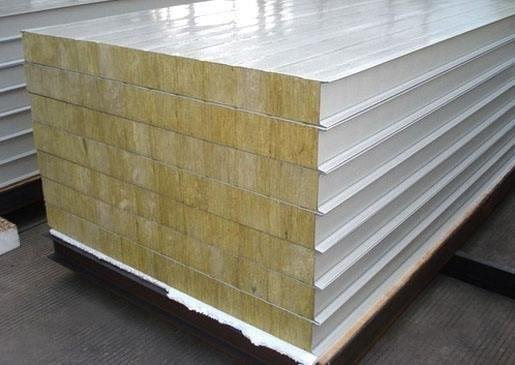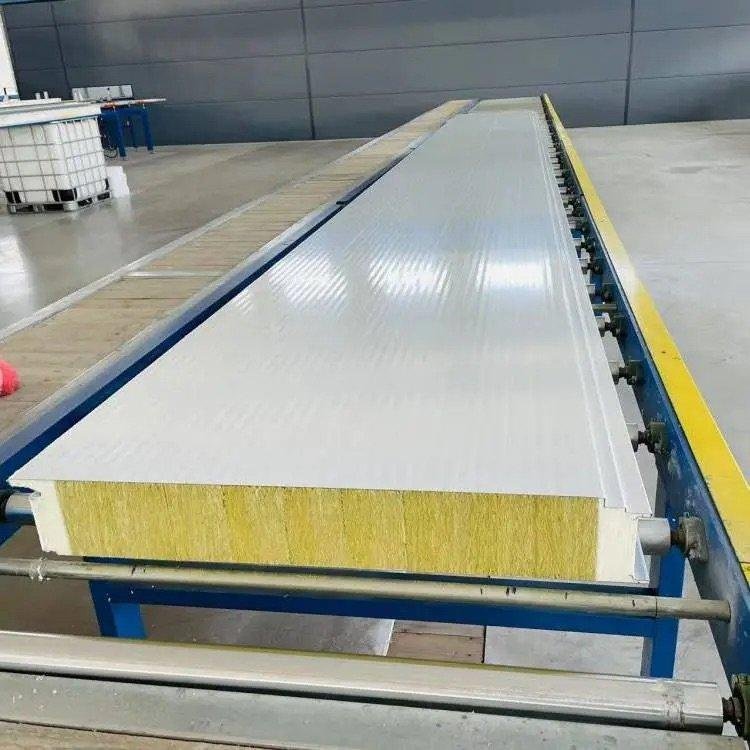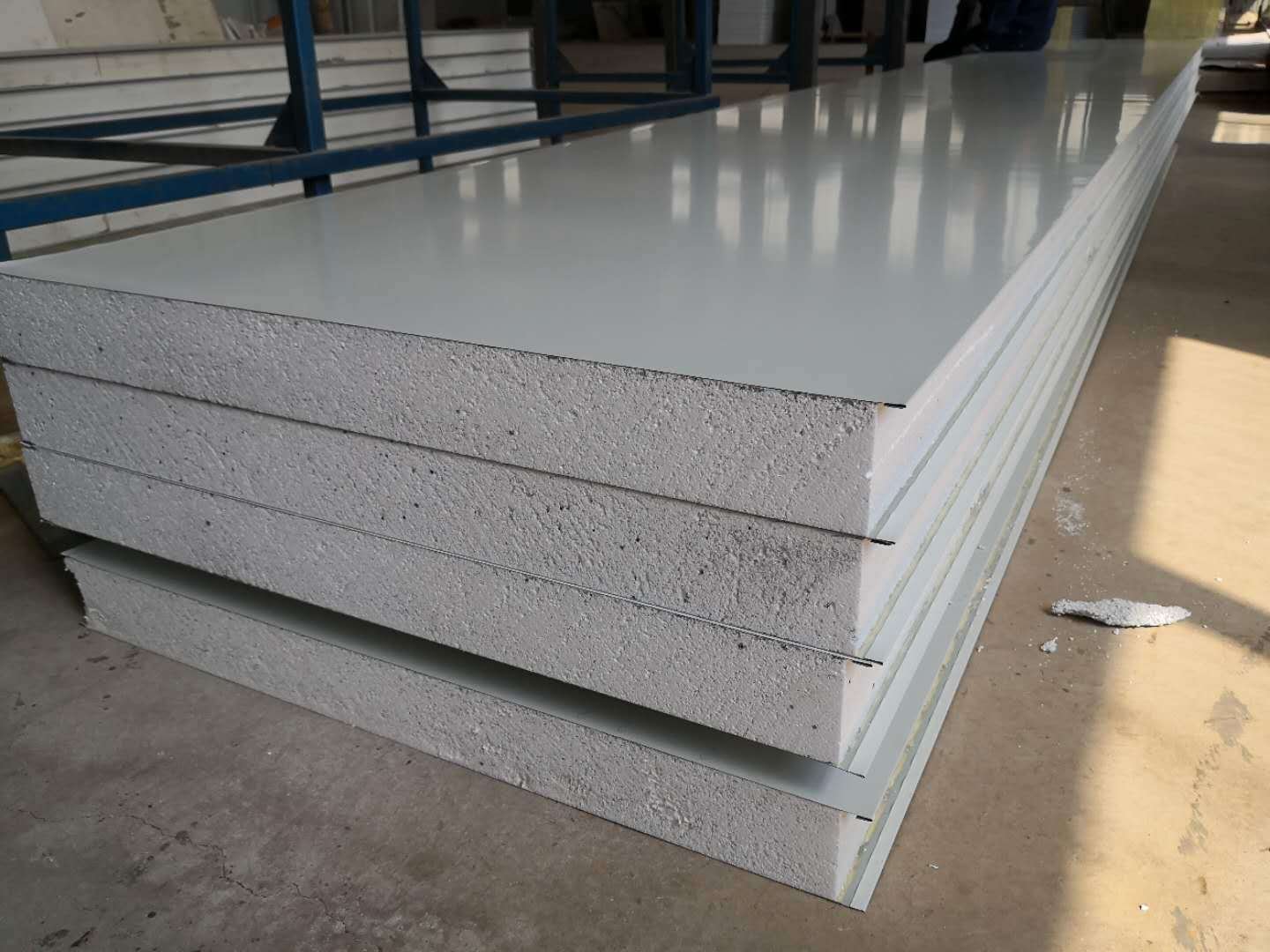Can Rockwool Sandwich Panels Be Used for Cold Storage?

Rockwool Sandwich Panels are ideal for cold storage, offering excellent insulation, fire resistance, and moisture control to maintain temperature stability.
Weight Comparison: Rockwool vs Other Sandwich Panel Materials

Compare the weight of Rockwool vs other sandwich panel materials like PU, EPS, and glass wool. Learn how weight impacts strength, insulation, and usability.
PU Sandwich Panels for Efficient Refrigeration Systems
Discover the best PU sandwich panels for cold storage and refrigeration. Ensure energy efficiency, durability, and optimal insulation for cooling systems.
EPS Sandwich Panel Thermal Insulation Performance Explained

EPS sandwich panels offer superior thermal insulation with high R-values, low thermal conductivity, and moisture resistance, ensuring energy efficiency and durability.
Advantages and Disadvantages of EPS Sandwich Panels

EPS sandwich panels are lightweight, cost-effective, and energy-efficient but have drawbacks like limited fire resistance and sensitivity to moisture.
Key Differences between EPS Sandwich Panel and PU Sandwich Panel
Compare EPS and PU sandwich panels on insulation, fire resistance, durability, cost, and eco-friendliness to choose the best option for your project.
What Is EPS Sandwich Panel and How Does It Work?
EPS sandwich panels are lightweight, energy-efficient building materials with a polystyrene foam core and durable outer layers, ideal for insulation and strength.
Steel Skin for PU Sandwich Panels vs Aluminum Skin for PU Sandwich Panels

Compare Steel Skin for PU Sandwich Panels and aluminum skins. Steel offers strength and durability, while aluminum is lightweight and rust-resistant. Choose wisely.
Cost Considerations When Choosing Rockwool Sandwich Panels

Understand key cost considerations for Rockwool sandwich panels, including material quality, energy savings, and durability, to make a smart investment.

